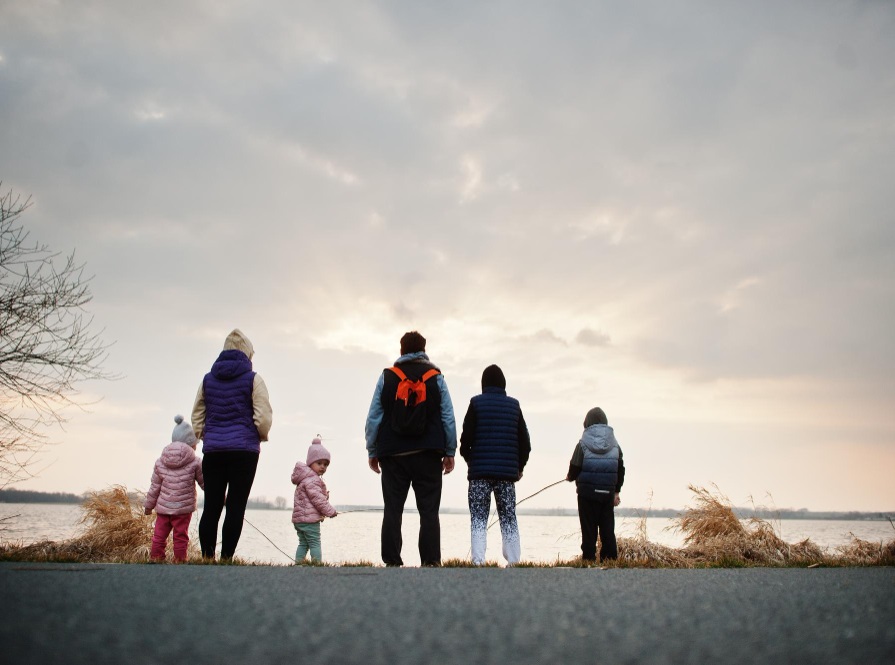Swedish Government to Extend Travel Ban for Children & Young People at Tangible Risk of Violence
KEY TAKEAWAYS
- The Swedish government is considering extending travel bans in order to protect children from potential harm during trips abroad.
- The proposal suggests expanding the ban when there's a risk of harm to a child's health or development, covering issues like abuse, exploitation, or substance abuse.
- The changes are set to be effective from June 1, 2024.
In an effort to improve the protection of children and young people from potential harm during stays abroad, the Swedish government is considering imposing an extended travel ban.
According to a press release by the Swedish Ministry of Labour and Social Affairs, the proposed ban would be applicable when there is a tangible risk of children being taken overseas for purposes such as honour-related violence, oppression, educational trips, conversion attempts, or withholding from social authorities.
All children have the right to a safe and bright future, and no school desks should be left empty because children have been taken abroad against their will. It is extremely important that social services have the tools needed to help children who are at risk of being taken abroad.
Social Services Minister Camilla Waltersson Grönvall
Similarly, Paulina Brandberg, Deputy Labor Market Minister, pointed out that the proposal to extend the scope of application for the travel ban indicates stronger protection for children.
Under existing regulations, a travel ban must be issued for individuals under the age of 18 if there is a tangible risk of them being taken abroad for marriage or a marriage-like relationship or if they are at risk of genital mutilation.
The proposed changes suggest that the exit ban could be further extended if there is a risk that a child might be taken abroad or leave Sweden, resulting in harm to the child’s health or development.
Such harm includes physical or psychological abuse, honour-related violence, undue exploitation, deficiencies in care, or other adverse living conditions. The proposal also includes situations involving a young person’s substance abuse, criminal activity, or socially disruptive behaviour.
The legal council’s referral proposal also included the extension of criminal liability for arbitrariness with children to include acts where a child under the age of 15 is abducted or otherwise held illegally, particularly if the act is likely to impede the start of care according to LVU (Care of Young Persons Act).
In addition, the government suggests that such information, which is held by the Police Authority about individuals with travel bans, should be confidential due to the sensitive nature of children’s personal circumstances.
To ensure awareness and understanding of the regulations on exit bans, the government also proposes assigning a suitable actor to produce and disseminate knowledge material regarding the regulations on exit bans.
The proposed changes to the law are expected to become effective on June 1, 2024, in six months, marking a significant step towards safeguarding the well-being of children and young people during international travel.

